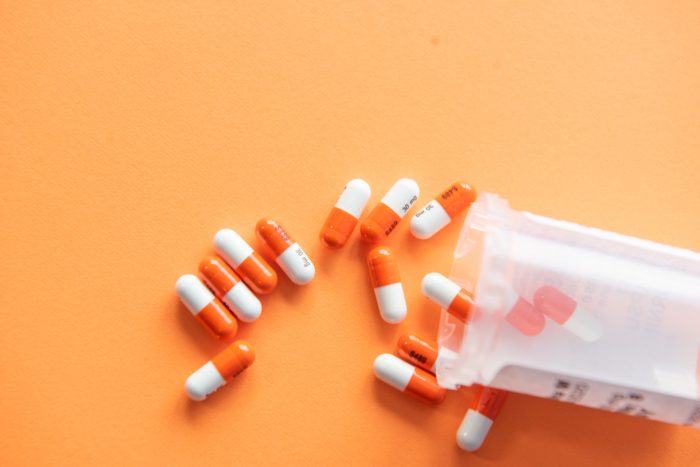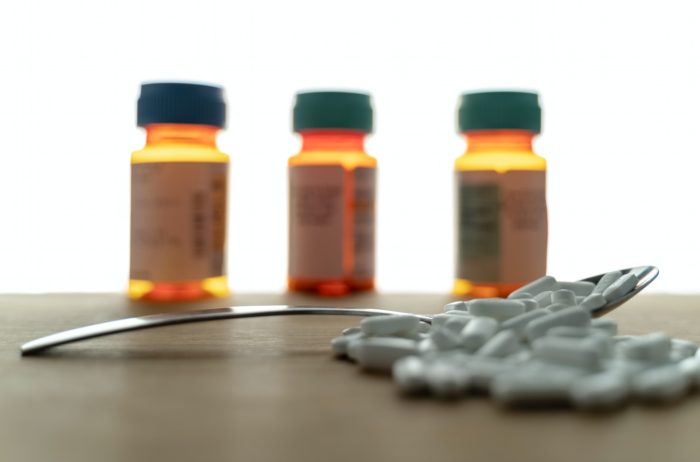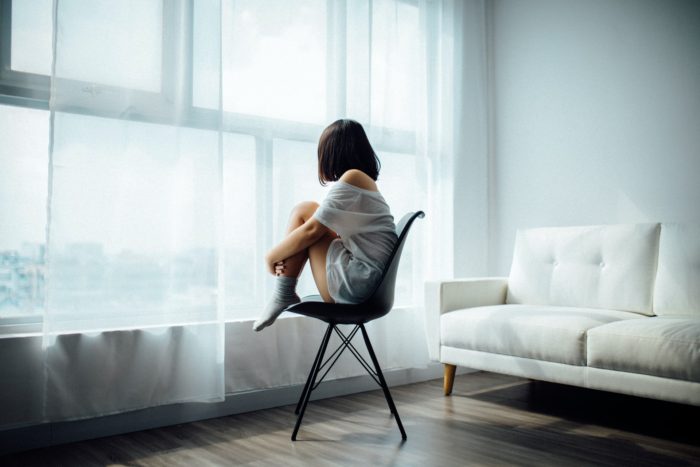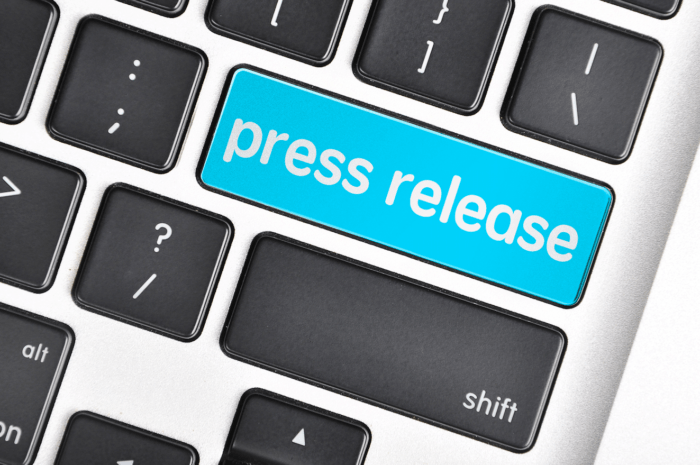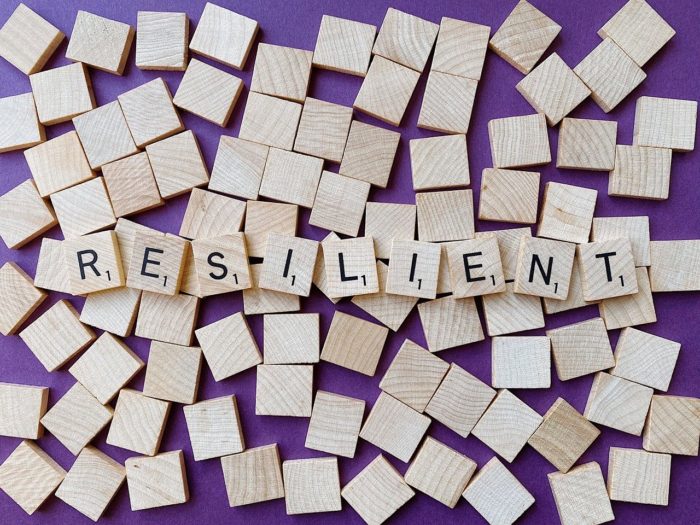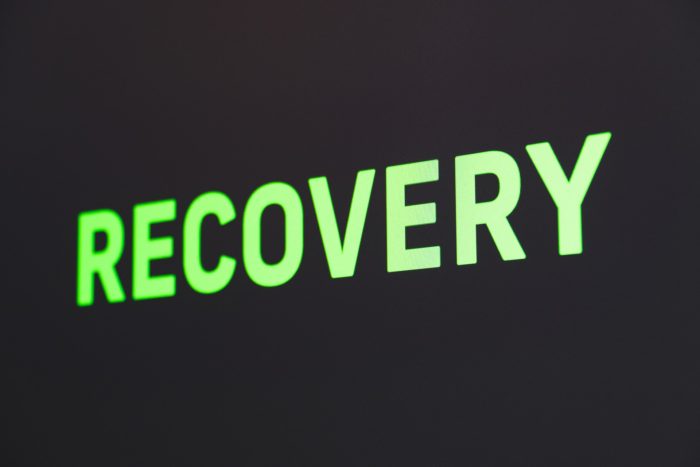Pseudo-Addiction Sounds About As Plausible A Phrase As Fake News
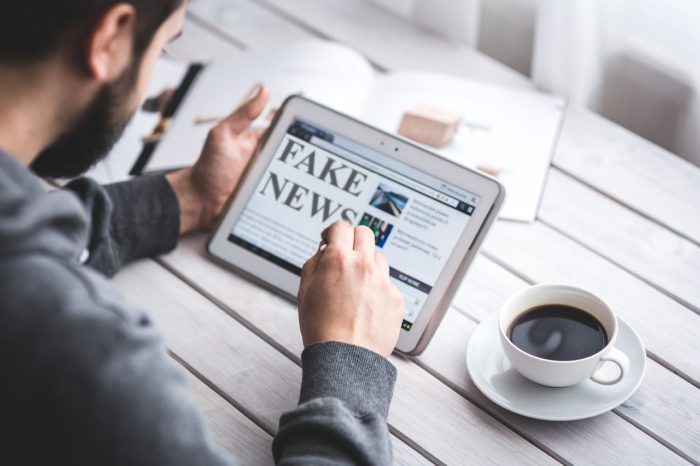
The term “pseudo-addiction” was coined back in 1989 by Dr. David Weissman and James Haddox, an employee of Purdue Pharma, to describe a case of “a 17-year-old male with leukemia, pneumonia, and chest wall pain. The patient displayed behaviors (moaning, grimacing, increasing requests for analgesics) wrongly interpreted by the physicians and nurses as indicators of addiction, rather than of inadequately treated pain. The term pseudo-addiction is not a diagnosis, but rather a way to describe a phenomenon about the attitudes and motivation of clinicians in managing pain through our fears and misunderstanding of pain, pain treatment, and addiction.”
https://pubmed.ncbi.nlm.nih.gov/2710565/
As a chiropractor who has been treating patients with pain for decades, I’m appalled that Purdue Pharma decided that clinicians’ “fears and misunderstanding of pain and pain treatment” required such nomenclature. However, the term is more commonly applied to describe patients – not the attitudes of their clinicians – who would, according to pharmaceutical companies, be better served by being given more opioids.
Let me break this down for you. Let’s start by examining the word itself.
The prefix pseudo- (from Greek ψευδής, pseudes, “lying, false”) is used to mark something that superficially appears to be (or behaves like) one thing but is something else. Subject to context, pseudo may connote coincidence, imitation, intentional deception, or a combination thereof.
Addiction is defined as a chronic, relapsing disorder characterized by compulsive drug seeking, continued use despite harmful consequences, and long-lasting changes in the brain. It is considered both a complex brain disorder and a mental illness.
Pseudo-addiction is a term coined in 1989 to describe the phenomenon of patients with pain being under-treated. The idea is that patients with legitimate pain that could be alleviated with opioid painkillers exhibit drug-seeking behavior that is misinterpreted as addiction.
So, if these patients are not addicted, they are clearly “dependent” on opioids. So, let’s look at the meaning of dependence. While addiction is classified as a disease, dependence is a state of being physically dependent on a certain substance. Addiction is rooted in your brain, but dependence occurs when your body as a whole becomes used to the effects of a drug and goes into withdrawal if you stop using that substance.
My question is this: how can anyone legitimately separate the “brain” from the “body as a whole”? How can one say that long-lasting changes in the brain are any different than when “the body as a whole becomes used to the effects of a drug and goes into withdrawal?”
Pseudo-addiction is a manufactured lie to confuse and rationalize the over-prescription of opioids. This is a subject I will be writing about again soon because it is such twisted terminology that is used to pull the wool over the eyes of the unsuspecting public.

